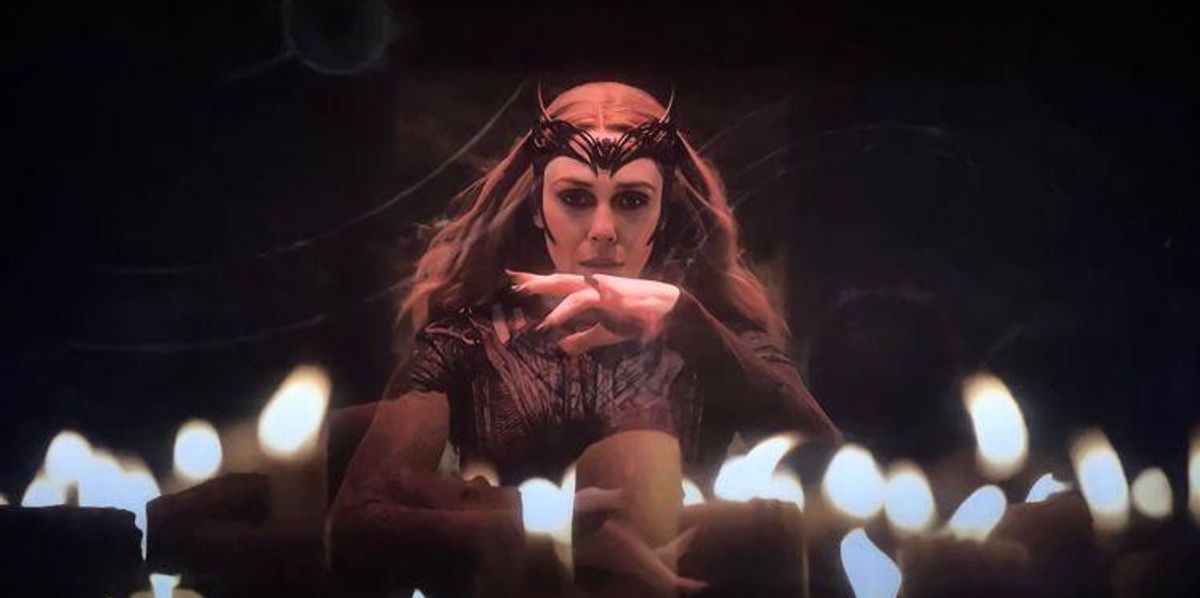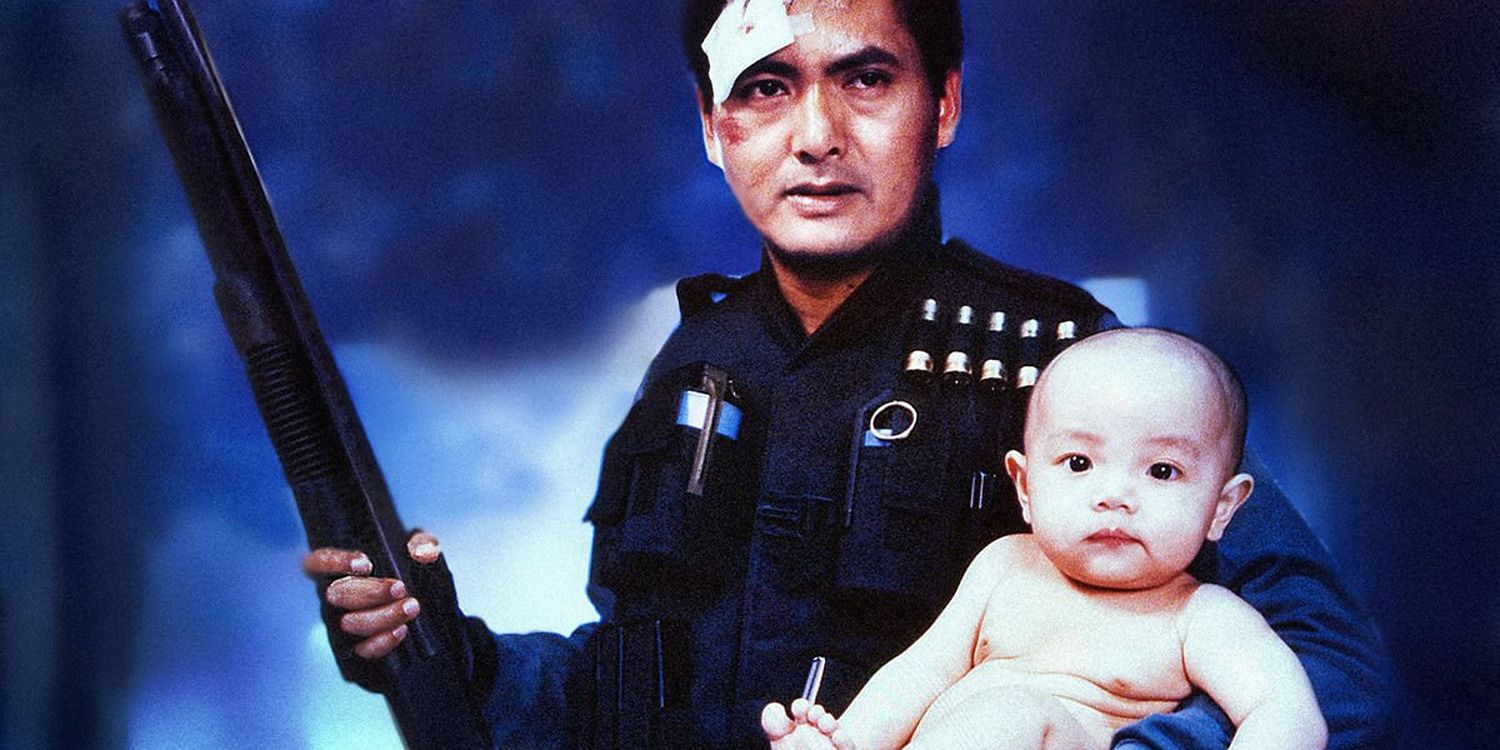Endometriosis is a condition that affects an estimated 1 in 10 people born with uteruses, and yet I can count the number of times I’ve seen it portrayed onscreen with one hand. It is a condition that has variable symptoms person-to-person, and requires nuance to be depicted as more than just a painful period that can be easily pushed through. That’s why, as someone who knows just how life-changing this illness can be, I was pleasantly surprised by how well the Hulu series Conversations with Friends depicts endometriosis. And while there are a couple of medical inaccuracies in “Episode 11” that I strongly encourage you to not take at face value, the series still manages to accurately depict what living with endometriosis is like through Frances’ (Alison Oliver) experience. Watching Frances go through so much of the same physical and emotional pain that I have is both validating and heartbreaking. Her experiences are so similar to my own, that I can’t help but feel like I’m looking into a mirror throughout her journey with this illness.
While physical pain and other endometriosis symptoms can vary person-to-person and month-to-month, Conversations with Friends does a great job at portraying just how intense they can be. Frances’ symptoms are first shown in Episode 1, when she wakes up in the middle of the night with pain so bad that it makes her nauseous. She sleeps in the bathroom not because she is hungover as we might typically see onscreen, but rather because she doesn’t have the energy to run to the bathroom every time she might puke. Outside of her severe cramps and abdominal pain, Frances also experiences dizziness and even faints in Episode 9, a few episodes after her hospital stay.
Not only is Alison Oliver able to accurately portray the subtleties of what trying to push through a bad pain day looks like, but the episode’s sound design also replicates the brain fog and headaches that can happen with endometriosis through a sharp ringing that occurs while Frances is in the library. Even though the surgery I had to treat and definitively diagnose my endometriosis in 2021 has helped significantly with my pain and nausea, there are still days when I can barely pull myself out of bed because I feel exactly like Frances in this episode. As though every movement hurts, and it’s impossible to form a clear thought because the body is so overwhelmed by the pain.
The emotional pain that comes with endometriosis is even harder to explain or quantify, and yet the series manages to capture so many of my exact fears and feelings surrounding the condition. One of the biggest issues that I’ve had to work through is not feeling like a burden to others because of my illness. I can see this fear so clearly in Frances through how she often dismisses her pain and symptoms, going so far as to even lie about her diagnosis to Nick and her mom. The first thing she says after fainting from her pain is “I’m sorry” and she keeps apologizing while her best friend, Bobbi (Sasha Lane), tries to take care of her.
I’ve lost track of the apologies I’ve made because of my endometriosis, even though I know I don’t have much control over what this disease does to my body. Like Frances, I constantly downplay how much endometriosis affects my life, because sometimes it’s easier to act like I’m okay than to explain to my friends, family, and colleagues that I can’t remember the last time I wasn’t in pain. Endometriosis makes me feel like I’m both “too much” and “not enough” for others, and it’s amazing how much of this feeling Alison Oliver is able to capture in her performance.
Receiving an endometriosis diagnosis can be relieving – you finally have answers as to why you are in so much pain. But it can also be devastating to discover that this is something you have to live with for the rest of your life. There are treatments that can help with symptoms and complications, to an extent, but there is no cure. Being diagnosed with such a life-changing condition at such a young age, as Frances and I were, triggers a grieving process for the life you planned for yourself and the person you wanted to become – whether we are conscious of it or not. Because of this, I understand why Frances breaks up with Nick (Joe Alwyn) instead of being honest with him. When Frances discovers that she may not be able to have children right after talking about having them with Nick, it changes the future she pictured with him. Before my diagnosis, I hadn’t made a definitive decision about wanting kids. That was always a question that “future me” would answer. Now, thanks to a couple other reproductive illnesses on top of endometriosis, I need to start making “just-in case” decisions about egg-freezing, surrogacy, and IVF among other things if I want to maintain a semblance of control over the situation. Frances is only about a year younger than I was when she begins to realize the same about her reproductive future.
It’s hard to let people in when you’re suffering, especially people you love and care for. You don’t want them to see you differently, or for your pain to elicit pity. When Frances explains to Nick why she broke up with him in the finale, she says both “I was afraid my body wasn’t going to feel good to you anymore” and “I was worried you would treat me like a sick person.” I am proud of Frances for finally communicating these fears to Nick, but I’m also a little envious of her courage to do so. These are fears that I have also been struggling with as I try to socialize and date with endometriosis, and it’s been hard to communicate these feelings to others outside of therapy. I often act like my fears are an unspoken truth rather than believing that I could be chronically ill and still be loved.
Living with endometriosis is so challenging, in part because it can feel like your own body is working against you. It’s hard to feel attractive or desirable to a potential partner when your illness makes you feel broken. You want to be honest and acknowledge that sometimes you have limits that others don’t, but you also don’t want to be treated differently. Just like Frances was afraid that Nick would get back together with his wife, Melissa (Jemima Kirke), if he found out about her diagnosis, I too worry about not being good enough because of how much endometriosis impacts my daily life. Nick later reassures Frances that he loves her as she is, which is important for both Frances and others with endometriosis to hear. As simple as this moment seems, it’s a reminder that communicating our feelings is a necessary part of building healthy relationships. Even though our feelings may carry more weight than others, they are just as valid.
The care that Alison Oliver brings to Frances helps this character feel like a whole person. Conversations with Friends doesn’t treat Frances’ endometriosis like an afterthought or a random side-plot, it is enmeshed with her life just as mine is. It influences decisions and behavior, whether we want it to or not. But we don’t only see Frances when she’s sick. We also see her in love, dealing with family drama, and going out with friends. I hope that this series is the first step toward including nuanced portrayals of endometriosis and other chronic illnesses onscreen. Conversations with Friends recognizes that endometriosis is more than just a “painful period” — it can affect relationships, trigger full-body pain, and greatly impact quality of life. Through Frances, the series shows how hard and confusing it can be to live with endometriosis and that those of us with this disease are still people with hopes and dreams outside our illness.
Read Next























































![Social Media Spring Cleaning [Infographic] Social Media Spring Cleaning [Infographic]](https://imgproxy.divecdn.com/9e7sW3TubFHM00yvXe5zvvbhAVriJiGqS8xmVFLPC6s/g:ce/rs:fit:770:435/Z3M6Ly9kaXZlc2l0ZS1zdG9yYWdlL2RpdmVpbWFnZS9zb2NpYWxfc3ByaW5nX2NsZWFuaW5nMi5wbmc=.webp)
![5 Ways to Improve Your LinkedIn Marketing Efforts in 2025 [Infographic] 5 Ways to Improve Your LinkedIn Marketing Efforts in 2025 [Infographic]](https://imgproxy.divecdn.com/Hv-m77iIkXSAtB3IEwA3XAuouMwkZApIeDGDnLy5Yhs/g:ce/rs:fit:770:435/Z3M6Ly9kaXZlc2l0ZS1zdG9yYWdlL2RpdmVpbWFnZS9saW5rZWRpbl9zdHJhdGVneV9pbmZvMi5wbmc=.webp)




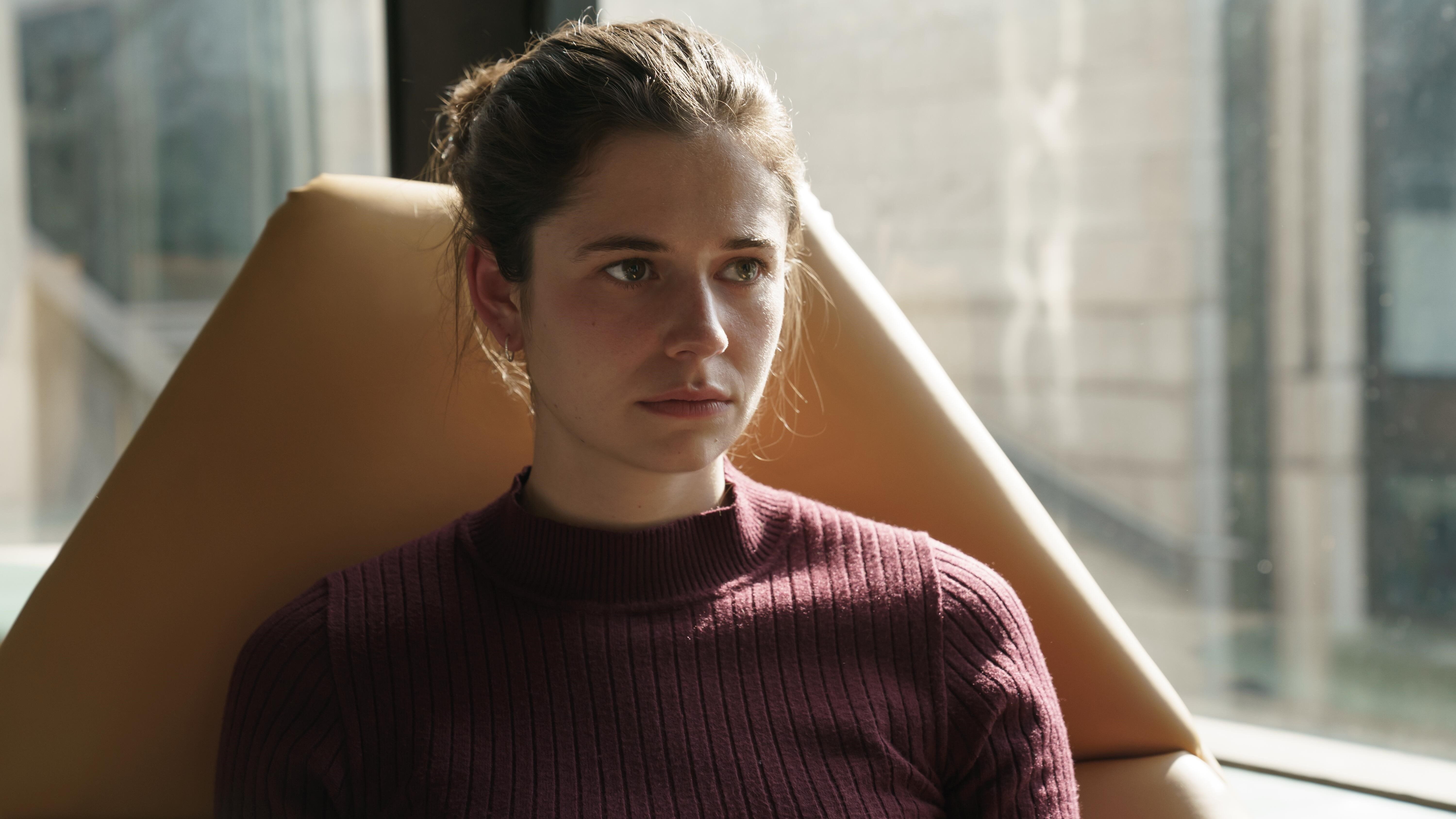
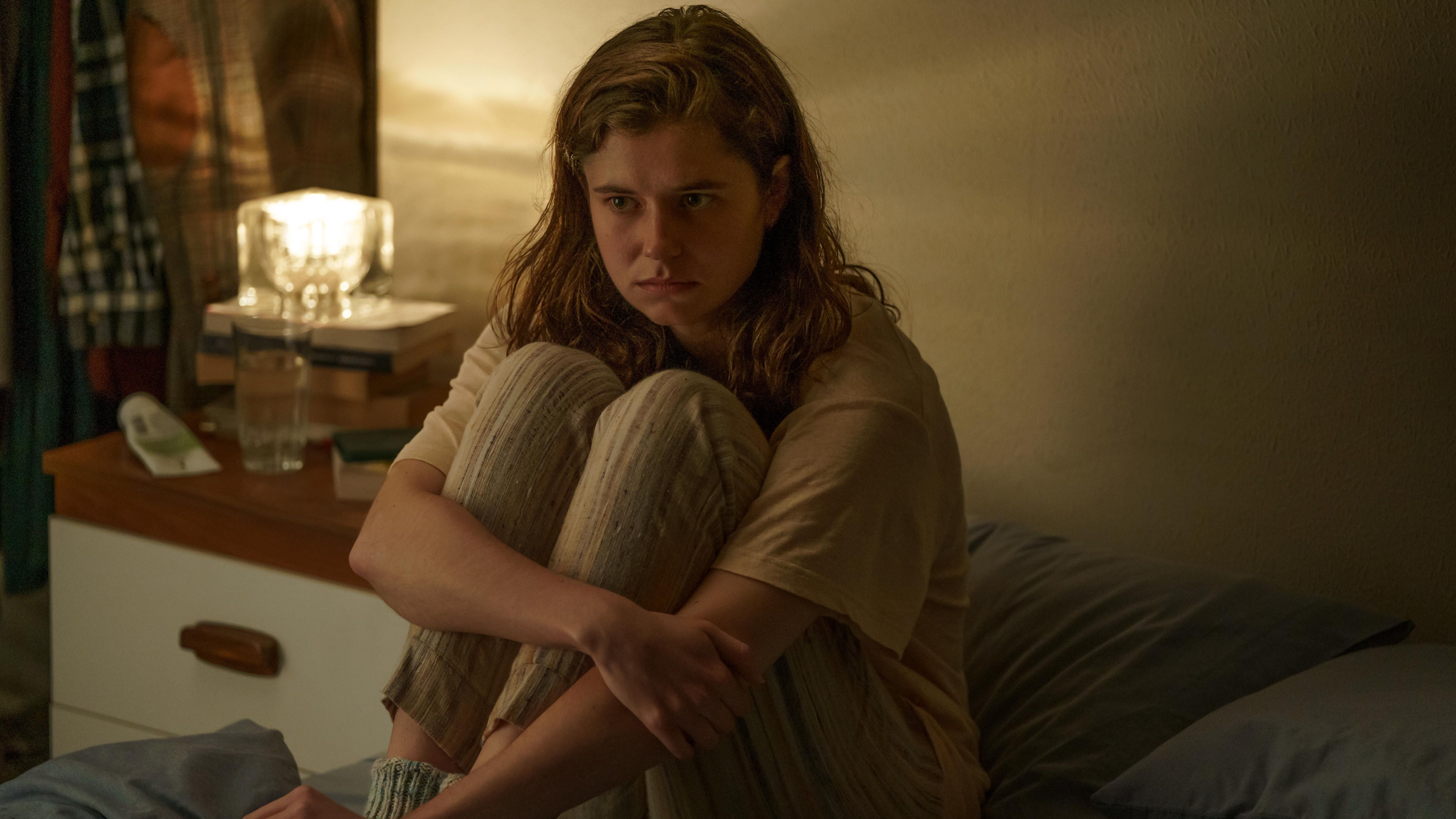
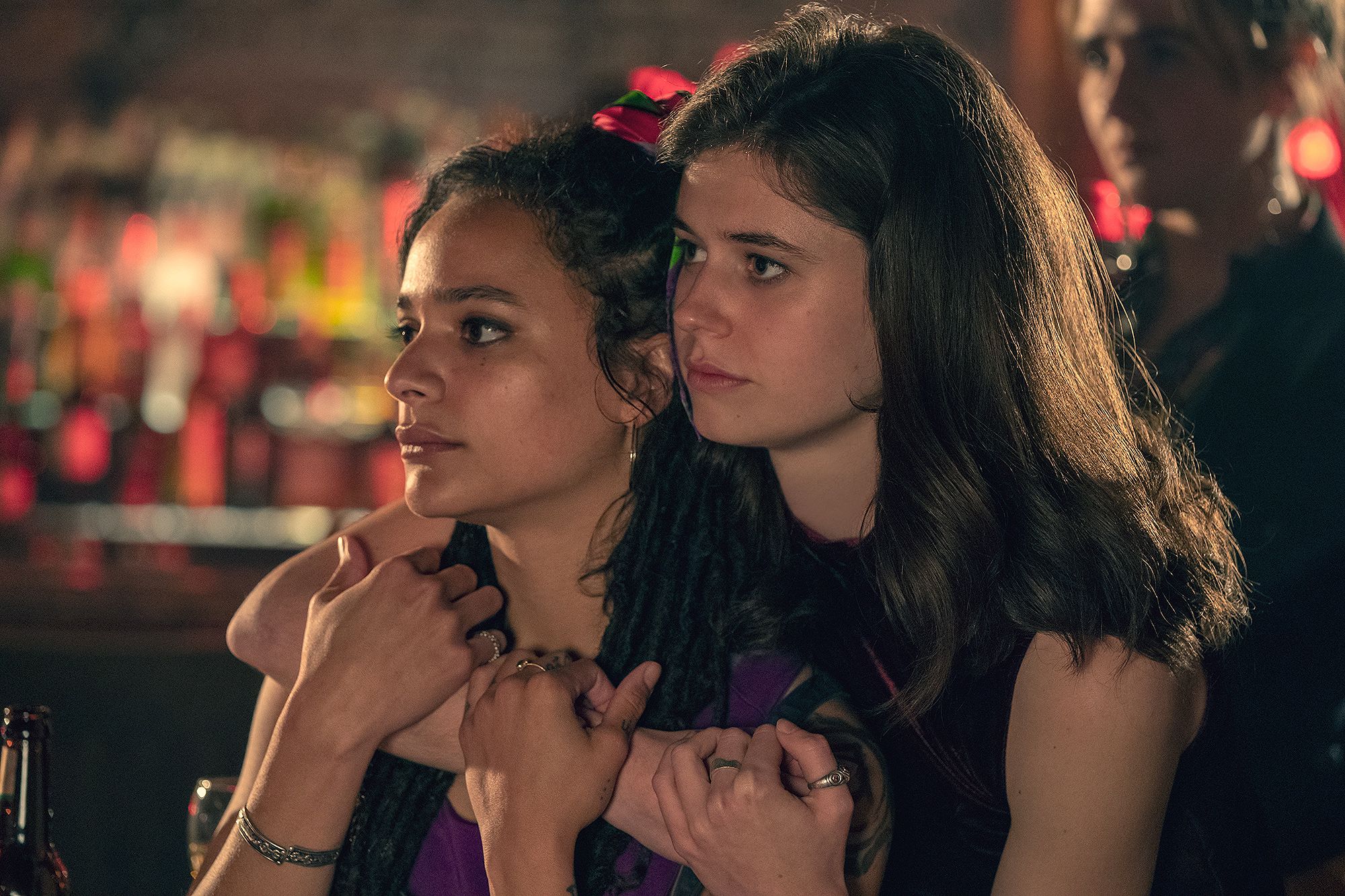
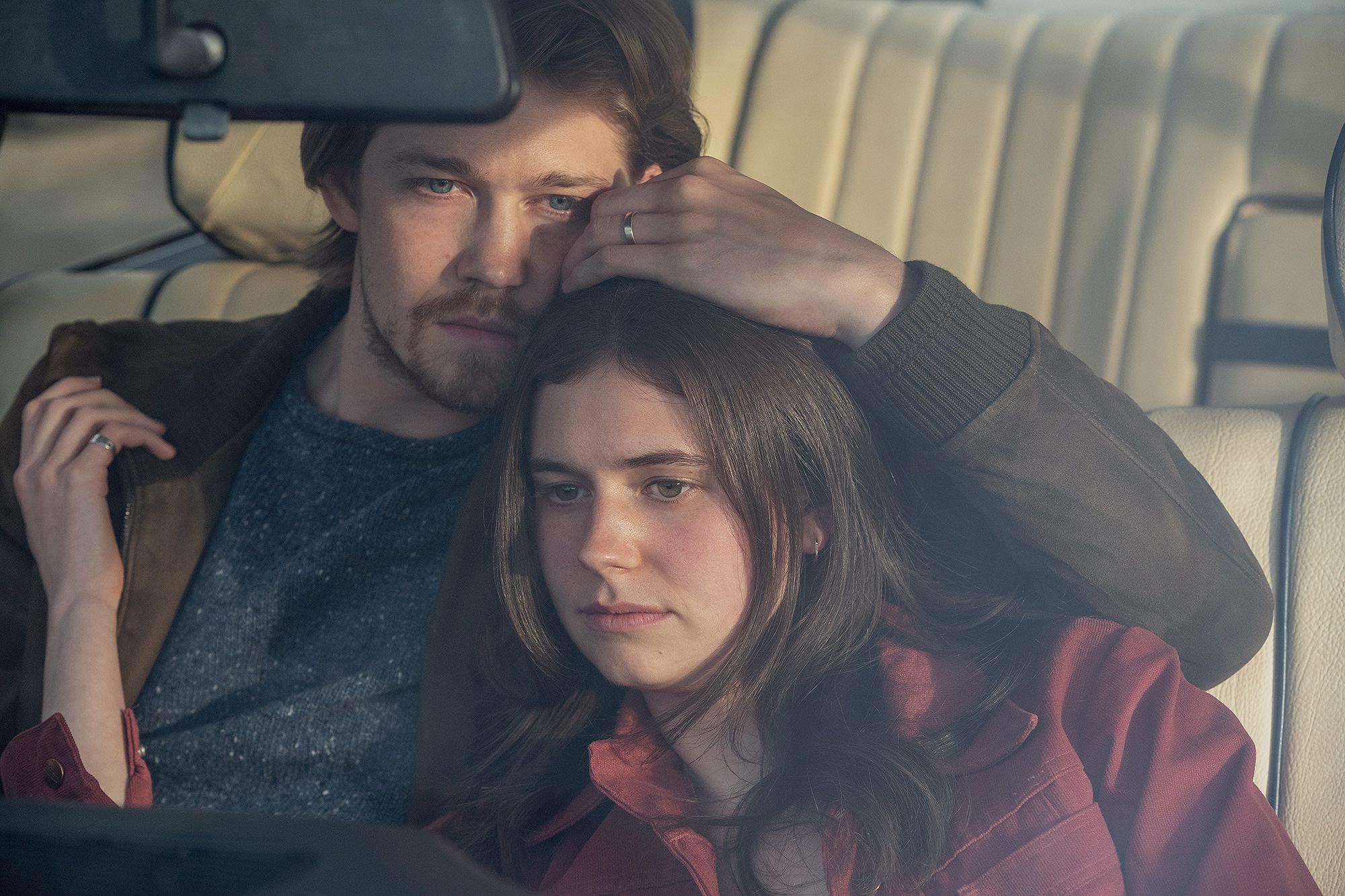

.jpeg?fit=crop&w=100&h=100)


